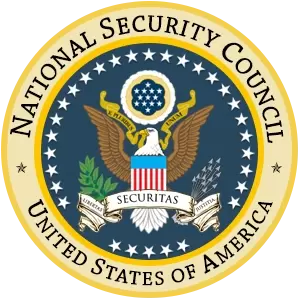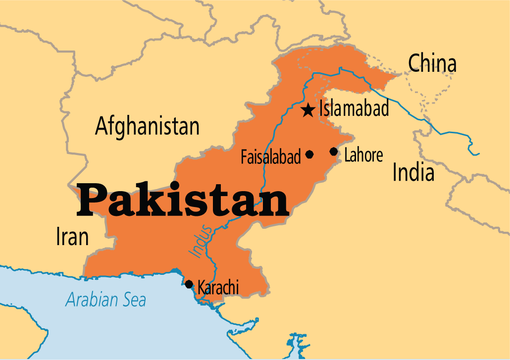|
Crisis in PakistanTerrorist groups have long had a presence in Pakistan. Most of these groups are focused on attacking Pakistan’s security services and discrediting or toppling its government or on attacking Pakistan’s longtime adversary, India. Some, however, including al-Qaeda and the Haqqani network, have used their haven in the semiautonomous and relatively ungoverned Federally Administered Tribal Areas (FATA) in northern Pakistan to plan attacks on U.S. service members in Afghanistan and on U.S. interests more broadly.
National Security Agency (NSA) analysts have recently intercepted communications that indicate that an al-Qaeda attack on the CIA headquarters and the U.S. Capitol, among other high-profile targets in the United States, is highly likely. Last week, the CIA suddenly came upon highly credible evidence of the location of a senior al-Qaeda leader—inside a large compound on the outskirts of a populous city in Pakistan’s FATA near the border with Afghanistan. Based on surveillance of activity in the compound, the CIA believes this al-Qaeda leader is orchestrating the planned attack. The compound also houses an estimated one dozen women and children. A trusted source from within Pakistan, who has provided credible information in the past, told his CIA liaison that the target will be meeting several high-level al-Qaeda operatives at his compound at 2:00 p.m. Friday afternoon (DC time). The president needs to decide quickly whether to authorize action to kill or capture the al-Qaeda operatives. The president has convened a meeting of the National Security Council (NSC) to receive advice on how to proceed. Given the capabilities and drawbacks of drones and other available tools, the question is whether this situation warrants executing a drone strike, whether another policy option stands a better chance of success with fewer repercussions, or whether refraining from action altogether is the best strategy. The president has a requested a briefing on the afternoon of Thursday, June 30th. The briefing should include relevant national interests, context & analysis of the situation, three options for U.S. response, and a recommendation on which option to take. The recommendation should include potential positives & negatives. All of this should focus on trend lines, levers, & capabilities. | ||
In-Brief: Last week, the CIA came upon credible evidence that a senior al-Qaeda leader is meeting soon with other operatives on the outskirts of a populous city in Pakistan, near the border with Afghanistan. The president has a requested a briefing on the afternoon of Thursday, June 30th. The briefing should include context & analysis of the situation, three options for U.S. response, and a recommendation on which option to take. The recommendation should include potential positives & negatives. All of this should focus on trend lines, levers, & capabilities.
*Most materials provided by the Belfer Center and Council on Foreign Relations.


